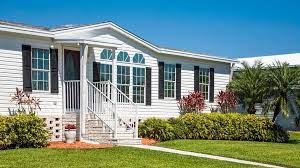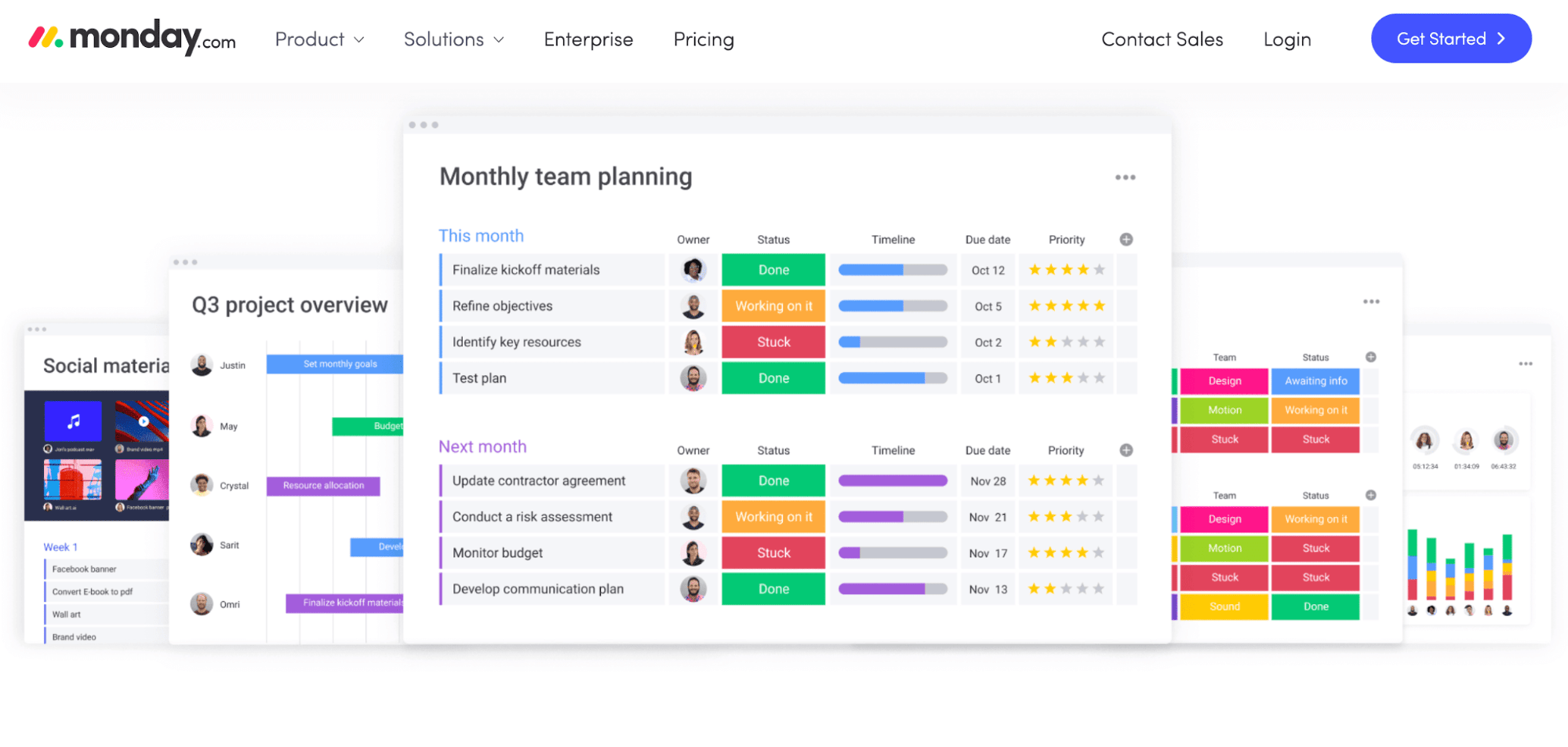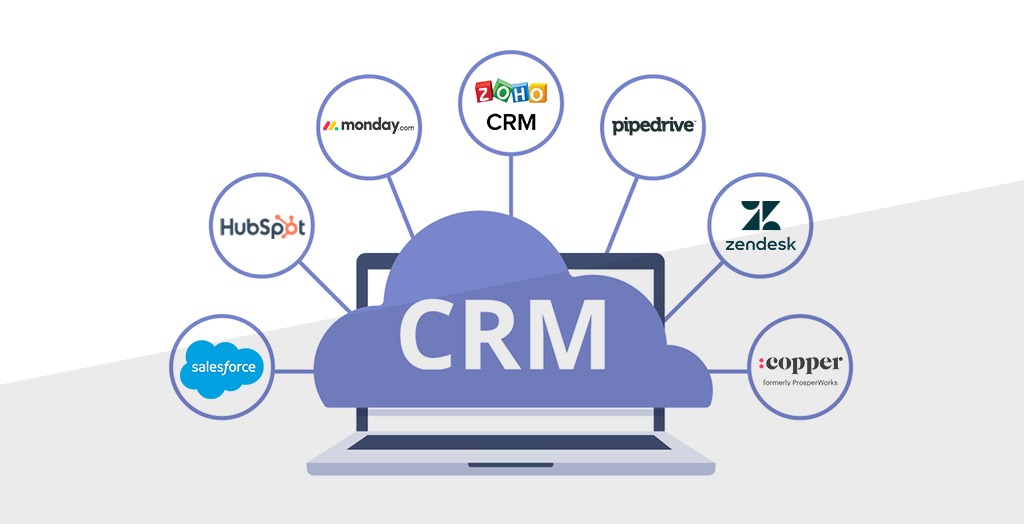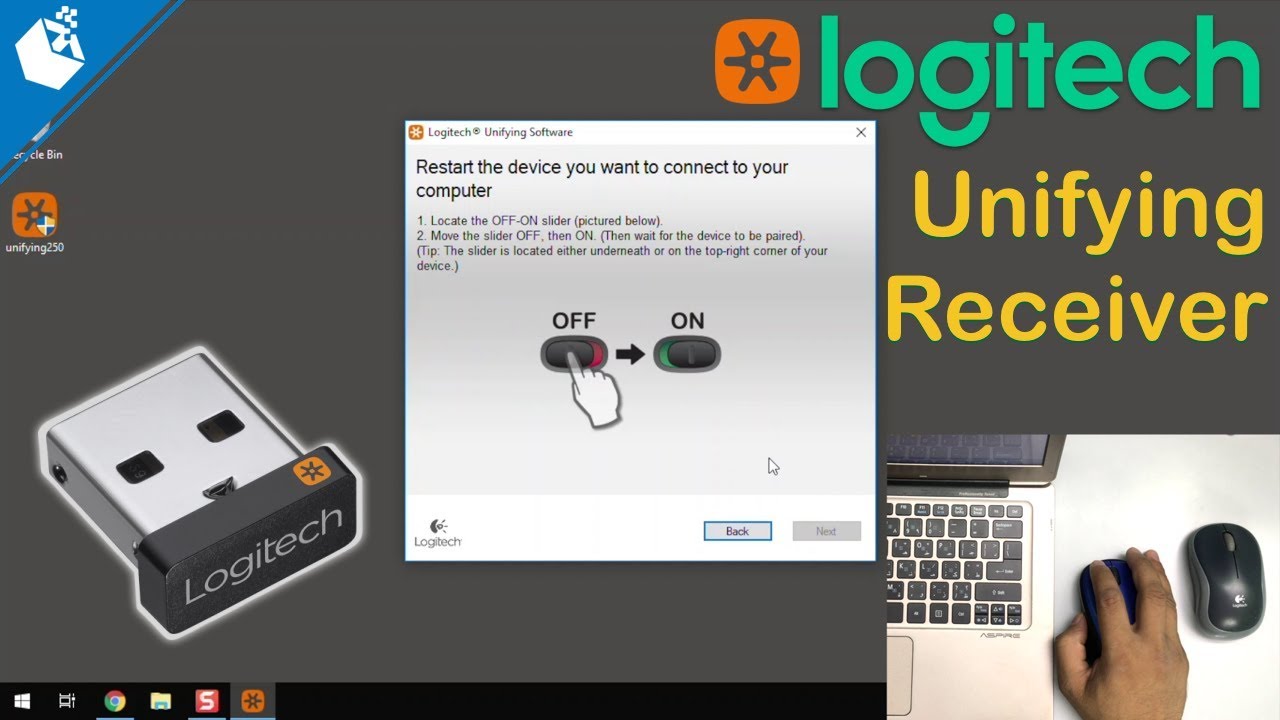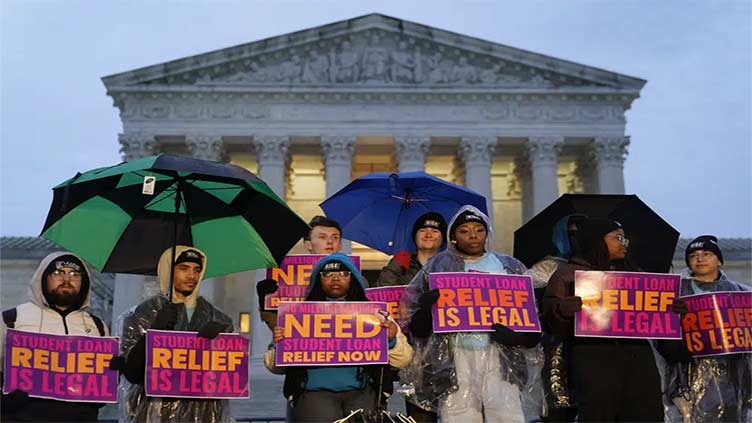Understanding Manufactured Home Insurance
Manufactured home insurance is a type of insurance coverage specific to homes that are prefabricated in a factory and then transported to a site where they are permanently placed. It is important to understand the different aspects of this type of insurance to ensure you have the proper coverage for your manufactured home.
Here are a few key points to consider when it comes to understanding manufactured home insurance:
- Coverage Options: Manufactured home insurance typically includes coverage for the home’s structure and personal belongings inside the house. Additional coverage options may include liability protection, coverage for detached structures (such as garages or sheds), and protection against natural disasters.
- Replacement Cost vs. Actual Cash Value: When determining the value of your home and belongings, you must choose between replacement cost or actual cash value coverage. Replacement cost coverage will reimburse you for replacing or repairing damaged items without considering depreciation. Existing cash value coverage considers depreciation, which means you may receive less money for damaged items.
- Optional Coverages: Consider adding optional coverages to your manufactured home insurance policy depending on your needs and budget. Some common options include additional coverage for jewelry, firearms, or other high-value items and additional living expenses if your home becomes uninhabitable due to a covered loss.
- Deductibles: Like other types of insurance, manufactured home insurance policies often have deductibles. A deductible is the money you pay out of pocket before your insurance coverage kicks in. It’s important to choose a deductible you can afford to pay in case of a claim.
- Discounts and Savings: There are a few ways to save money on your manufactured home insurance. Installing safety features such as smoke detectors, security systems, and deadbolt locks may qualify you for discounts. Additionally, bundling your manufactured home insurance with other policies, such as auto insurance, may also help you save.
Understanding these key aspects of manufactured home insurance allows you to make informed decisions about your coverage and save money on your premiums. It’s important to carefully review your policy and discuss your options with an insurance professional to ensure you have the right coverage for your needs.
The Coverage Options Available
When it comes to manufactured home insurance, there are several coverage options available to protect your investment. These options can vary depending on the insurance company and your specific policy. Here are some of the common coverage options that you may consider:
- Dwelling coverage: This protects your home’s structure, including walls, roof, and foundation. It covers damages caused by fire, storm, vandalism, and other covered perils.
- Personal property coverage: This covers the belongings inside your manufactured home, such as furniture, appliances, and clothing. It protects against theft, vandalism, and certain natural disasters.
- Liability coverage: This provides financial protection in case someone is injured on your property and sues you for damages. It covers medical expenses and legal fees associated with such claims.
- Additional living expenses coverage: If your manufactured home becomes uninhabitable due to a covered peril, this coverage will pay for temporary living arrangements, such as hotel stays or rental properties.
- Loss of use coverage: If your manufactured home is damaged to the extent that you cannot live in it, it helps cover the cost of temporary accommodation and additional expenses incurred during the repair or rebuilding process.
- Replacement cost coverage: This option pays for replacing your home or personal belongings, regardless of depreciation. It can be more expensive, but it ensures you can rebuild or replace your property without out-of-pocket expenses.
- Actual cash value coverage: Considering wear and tear, this option replaces your property at its current depreciated value. While less expensive, it may only partially cover replacing your home or belongings.
- Flood insurance: Depending on your location, you may need to purchase separate flood insurance coverage, as standard manufactured home insurance policies typically do not cover flood damage.
It is advisable to carefully review the coverage options available and choose the ones that best suit your needs and budget. A comprehensive policy with adequate coverage will offer you peace of mind during unexpected events or accidents. Factors That Affect Manufactured Home Insurance Premiums
Several factors can influence the cost of manufactured home insurance premiums. These include:
- Location: The location of your manufactured home plays a significant role in determining insurance costs. Homes in areas prone to natural disasters like hurricanes, floods, or earthquakes are considered higher risk and may have higher premiums.
- Age and condition of the home: Older homes or those in poor condition may be more prone to damage, which can result in higher insurance premiums. Upgrading your home’s electrical, plumbing, or roofing systems can help reduce insurance costs.
- Size and value of the home: The size and value of your manufactured home are factors that insurers consider. Larger homes or those with costly features and materials will generally have higher premiums.
- Safety features: Installing safety features such as smoke detectors, burglar alarms, fire extinguishers, and deadbolt locks can help lower insurance premiums. These features reduce the risk of damage or theft, signaling to insurers that your home is less likely to experience a claim.
- Claims history: If you have a history of filing insurance claims, insurers may view your manufactured home as high risk. This can lead to higher premiums than homeowners without a claims history.
It’s important to keep these factors in mind when shopping for manufactured home insurance. By understanding how these elements affect premiums, you can potentially make informed decisions to reduce your insurance costs.
Finding the Right Insurance Company
Finding the right insurance company is crucial when purchasing your manufactured home. Here are some tips to help you in your search:
- Research different insurance providers: Take the time to research and compare various insurance providers. Look for companies that specialize in manufactured home insurance and have a good reputation in the industry.
- Read customer reviews and ratings: Customer reviews and ratings can provide valuable insights into the quality of service and insurance companies’ claims handling. Look for feedback from other manufactured homeowners to understand their experiences.
- Consider the coverage options: Look for insurance companies that offer comprehensive coverage options tailored to manufactured homes. Ensure the policy covers the structure, personal belongings, and liability protection.
- Evaluate pricing and discounts: Compare the pricing offered by different insurance companies. Look for multiple policy, claims-free, or home security discounts that could lower your premium.
- Check the company’s financial stability: It’s important to choose an insurance company with a strong financial stability rating. This ensures they have the financial resources to handle claims if needed.
- Assess customer service: Consider the level of customer service the insurance company provides. Are they responsive and helpful? Can you easily reach them for questions or claims?
- Seek recommendations: Ask for recommendations from friends, family members, or neighbors who have already purchased insurance for their manufactured homes. They can provide valuable insights and recommend reliable insurance companies.
Remember, finding the right insurance company is more than getting the lowest premium. It’s about finding a reliable and reputable insurer to provide the coverage and support you need for your manufactured home.
Policy Exclusions to Be Aware Of
When purchasing manufactured home insurance, it is essential to understand the policy exclusions to ensure you have adequate coverage. Here are some common exclusions to be aware of:
- Flood damage: Most standard manufactured home insurance policies do not cover damage caused by floods. If you live in a flood-prone area, it is crucial to consider purchasing separate flood insurance.
- Earthquake damage: Similar to flood coverage, earthquake damage is often not included in standard policies. If you live in an earthquake-prone region, it is wise to obtain additional earthquake insurance.
- Maintenance-related issues: Insurance policies generally do not cover damages resulting from regular wear and tear or lack of maintenance. It is important to maintain your manufactured home properly to prevent potential issues.
- Acts of war or terrorism: Damage caused by acts of war or terrorism is usually excluded from coverage. However, some policies may provide limited coverage for such events, so it’s worth reviewing your policy carefully.
- Intentional acts: Insurance companies typically do not cover damages resulting from intentional acts, such as deliberate vandalism or arson.
- Unoccupied homes: If your manufactured home is vacant for an extended period, some insurance policies may exclude coverage for damages. It is advisable to inform your insurer if your home will be unoccupied for a specific duration.
- Certain breeds of dogs: Some insurance companies restrict coverage if you own certain high-risk breeds. This could result in exclusion or limitations on liability coverage.
Understanding these policy exclusions can help you make informed decisions when purchasing manufactured home insurance. It is crucial to carefully review your policy and consider additional coverage options to ensure adequate protection.
Tips for Saving on Manufactured Home Insurance
- Compare quotes from different insurance providers to ensure you’re getting the best price for your coverage. Don’t just settle for the first option – take the time to shop around and find the most affordable premium.
- Consider bundling your manufactured home insurance with other policies, such as auto or life insurance. Many insurance companies offer discounts for customers who bundle multiple policies together.
- Increase your deductible. By opting for a higher deductible, you can lower your premium payments. However, make sure you can afford to pay the deductible if you need to make a claim.
- Install safety features in your manufactured home, such as smoke alarms, security systems, and deadbolt locks. Insurance companies often offer discounts for homes with these added safety measures.
- Maintain a good credit score. Insurance companies may consider your credit history when calculating your premium. By maintaining a good credit score, you can qualify for lower rates.
- Avoid making small claims. If the damage to your manufactured home is minor and can be covered out of pocket, it may be wise to avoid filing a claim. Multiple small claims can raise your insurance premium in the long run.
- Consider raising your liability limits. While it may seem counterintuitive, increasing your liability coverage can sometimes result in lower premiums. Insurance companies may view you as a lower risk with higher coverage limits.
- Look for discounts specific to manufactured homes. Some insurance companies offer discounts for features or construction materials commonly found in manufactured homes, such as hurricane straps or fire-resistant materials.
- Regularly review your policy and coverage needs. As your circumstances change, your insurance needs may change as well. By periodically reviewing your policy, you can ensure you are not paying for coverage you no longer need and identify potential cost-saving opportunities.
The Importance of Properly Valuing Your Manufactured Home
Properly valuing your manufactured home is crucial for several reasons.
First and foremost, it ensures that you have adequate insurance coverage in case of damage or loss. If your home is undervalued, you may need more compensation to repair or replace it in case of a claim fully.
Secondly, an accurate valuation helps determine the cost of your insurance premium. Insurance companies consider the value of your home when calculating your premium. If your home is overvalued, you may pay more for coverage than necessary.
An accurate valuation can also be useful when seeking financing or refinancing for your manufactured home. Lenders often require evidence of the home’s value before approving loans or mortgages.
To properly value your manufactured home, hiring a professional appraiser who specializes in manufactured homes is recommended. They will assess factors such as the age, condition, location, and any upgrades or improvements to your home.
Regularly reviewing and updating the valuation of your manufactured home is also important. As the value of your home may change over time, it is essential to ensure that your insurance coverage remains adequate.
In conclusion, properly valuing your manufactured home is crucial for securing appropriate insurance coverage, determining the cost of your premium, and obtaining financing. By accurately assessing the value of your home, you can protect your investment and ensure financial security in the event of an unexpected loss.
Understanding the Claims Process
Dealing with insurance claims can be a complex and overwhelming process. However, understanding the claims process can help you navigate it more effectively and ensure a smoother outcome. Here are some key points to keep in mind:
- File your claim promptly: As soon as you experience a loss or damage, notify your insurance company and file a claim. Prompt reporting is crucial to initiate the claims process and facilitate a timely resolution.
- Provide timely documentation: Be prepared to provide all necessary documentation to support your claim. This may include photographs, videos, receipts, and other relevant evidence. The more detailed and accurate your documentation, the stronger your case will be.
- Cooperate with the insurance adjuster: An insurance adjuster will be assigned to assess the damages and determine the extent of coverage. Cooperate fully with the adjuster, providing access to your property and answering any questions they may have. This collaboration will help expedite the process.
- Keep records of communication: Maintain a record of all communication with your insurance company, including emails, letters, and phone conversations. This documentation will be valuable if any disputes or discrepancies arise during the claims process.
- Follow up on your claim: Stay proactive and regularly with your insurance company to ensure your claim is moving forward. Be persistent but polite in your inquiries to keep the process on track.
- Consider hiring a public adjuster: If you encounter difficulties or feel overwhelmed during the claims process, consider hiring a public adjuster. These professionals can help you navigate the complexities, negotiate with the insurance company on your behalf, and maximize your settlement.
Understanding the claims process is essential for ensuring a fair and efficient resolution to your manufactured home insurance claim. By taking proactive steps and working closely with your insurance company, you can minimize delays and obtain the compensation you deserve.
Additional Coverage to Consider
When purchasing manufactured home insurance, it’s important to evaluate your policy to ensure that you have adequate coverage. In addition to the standard policy, there are additional coverage options that you may want to consider. Some of these may include:
- Replacement Cost Coverage: This coverage helps you replace your manufactured home and personal belongings at their current value without accounting for depreciation. It can be a valuable option to consider, especially if you want to be able to rebuild your home at today’s costs.
- Extended Replacement Cost: With this coverage, the insurance company will pay for rebuilding your home even if it exceeds the policy limit. This can provide valuable protection if construction costs rise or unexpected expenses arise.
- Personal Property Replacement: Consider adding coverage for replacing your personal belongings, such as furniture, appliances, and clothing, in case they are damaged or destroyed. This can help you recover their full value and ease the financial burden of replacing them.
- Additional Living Expense Coverage: If your manufactured home becomes uninhabitable due to a covered loss, this coverage helps cover temporary housing and living expenses. It can provide peace of mind and financial relief during the rebuilding process.
- Flood or Earthquake Coverage: While these natural disasters are not typically covered under standard manufactured home insurance, consider adding separate flood or earthquake coverage. Depending on where you live, these additional policies can provide essential protection against specific risks.
Remember to consult with your insurance provider to determine your specific coverage options. Every policy and homeowner’s needs are unique, so it’s essential to tailor your manufactured home insurance to suit your requirements and preferences.
The Benefits of Bundling Insurance Policies
Bundling insurance policies can offer several advantages for homeowners, including those with manufactured homes. Here are some key benefits to consider:
- Cost Savings: One of the significant benefits of bundling insurance policies is cost savings. Insurance companies often offer discounts to customers who bundle their home, auto, and other insurance policies. By combining multiple policies into one, homeowners can save money on their overall premium costs.
- Convenience: Bundling insurance policies can streamline the insurance process and make it more convenient for homeowners. Instead of managing multiple policies with different insurers, bundling allows homeowners to work with a single insurance provider. This simplifies the payment process, policy management, and claim filing, making it easier for homeowners to navigate their insurance coverage.
- Enhanced Coverage: Bundling insurance policies can also offer enhanced coverage options. Insurance companies may offer additional benefits, such as increased liability limits or different coverage options for bundled policies. This can give homeowners greater peace of mind and protection for their manufactured homes and other assets.
- Simplified Renewals: With bundled insurance policies, homeowners can enjoy simplified renewal processes. Instead of remembering and renewing multiple policies at different times, bundling allows for a unified renewal date. This means homeowners only have to keep track of a single renewal date, reducing the chance of policy lapses or missed renewals.
- Potential for Improved Customer Service: Bundled policies often include additional perks, such as enhanced customer service. Insurance providers may offer dedicated support teams or special benefits for customers with multiple policies. This can result in faster response times, personalized assistance, and a more positive customer experience.
conclusion
Bundling insurance policies for manufactured homes can be a smart financial choice. It can save homeowners money, provide convenience, offer enhanced coverage options, simplify renewals, and improve customer service. Homeowners should consider the benefits of bundling to maximize their insurance coverage and savings opportunities.
